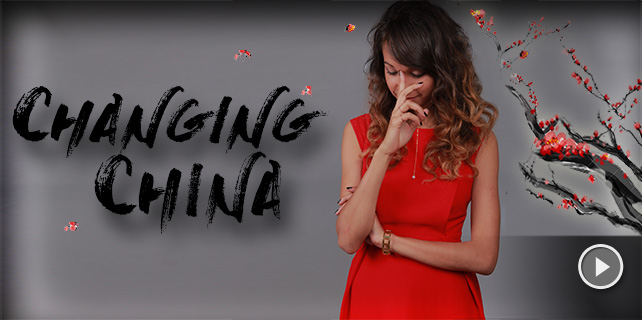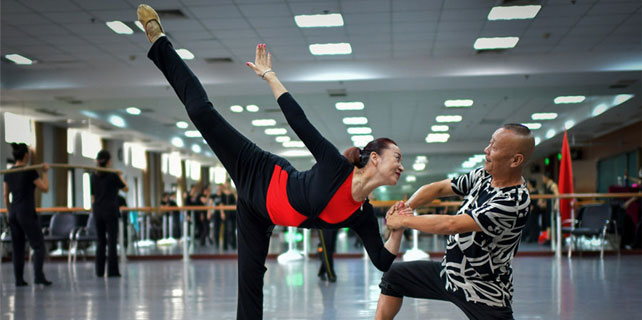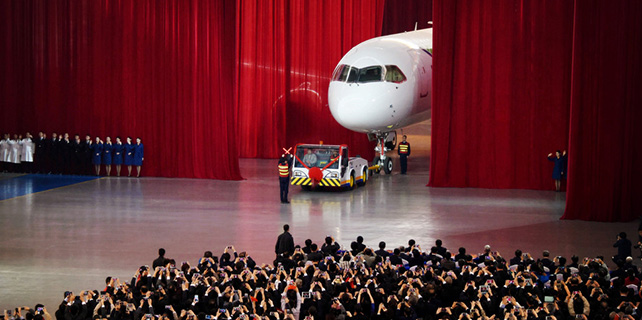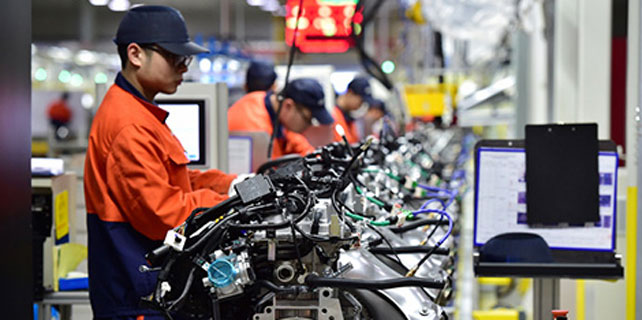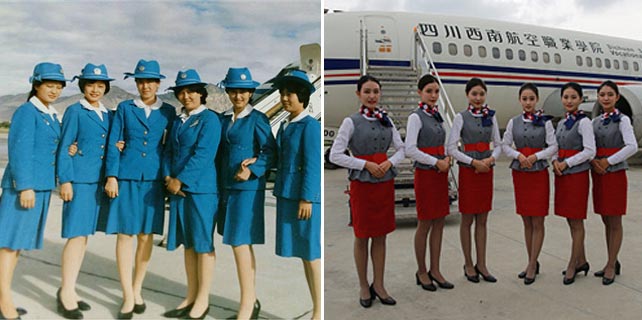31-year-old Kurz set to become new Austrian Chancellor, world's youngest leader
|
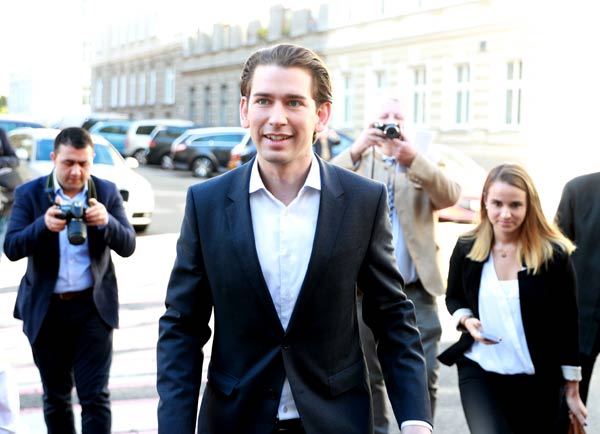 |
|
Top candidate of the People's Party (OeVP) Sebastian Kurz attends his party's victory celebration meeting in Vienna, Austria, October 15, 2017. [Photo/Xinhua] |
VIENNA - Sebastian Kurz, leader of the Austrian People's Party (OVP), has declared victory after projections showed his party would win the most seats in the 183-seat parliament by receiving 31.7 percent of votes in Sunday's election.
Kurz, born on Aug. 27 of 1986, is set to become new Austrian Chancellor and the world's youngest head of government.
In 2013, the People's Party won 24 percent of the votes and was the second largest party in the National Council, the lower house of the Austrian parliament.
Kurz said the outcome represents a "strong mandate to change the country" and he wished to create a "new culture", and will take on the responsibility with "great humility".
Kurz, who has been Austrian foreign minister four years ago, seems to find the path to sell his conservative party by a new marketing strategy. By changing the color of his party from traditional back to turquoise, the so called "new OVP" was re-branded.
His party then swung to the right concerning the migrant and integration issues. In some respects, the ideology and policies of OVP are barely distinguishable from the right wing populist Freedom Party, local political analysts have said.
He pushed to close the migration route through the Balkans, promised a crackdown on illegal immigration and brought the refugee crisis to an end.
|
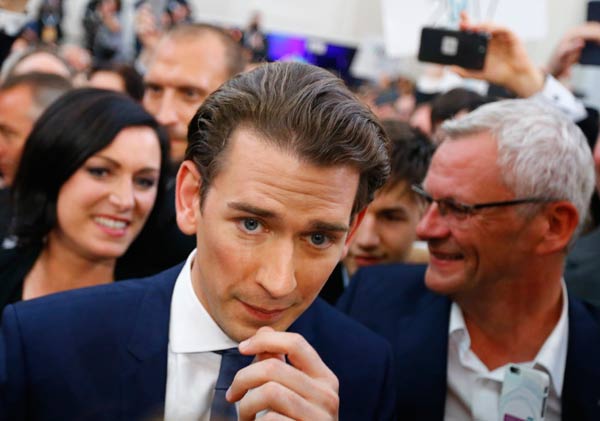 |
|
Top candidate of the People's Party (OeVP) Sebastian Kurz attends his party's victory celebration meeting in Vienna, Austria, October 15, 2017. [Photo/Agencies] |
The right wing Freedom Party (FPO), led by Heinz-Christian Strache, won 26 percent votes in Sunday's election, according to the projections.
That represented a stronger support to the EU skeptical FPO party compared to that in 2013, when the party won 20.5 percent of the votes. It was just a bit lower than the highest level of support in 1999, at 26.9 percent.
Strache was buoyed by the result, but said he would not make any comment on a potential coalition government.
In an interview on television station ATV, Strache expressed fear that the People's Party and Social Democrats (SPO) will once again form a coalition government.
The center-left SPO, led by current Chancellor Christian Kern, almost defended its support, scoring 26.9 percent of votes on Sunday and then losing its strongest party position in the parliament.
Talking to Xinhua about the result of the election, former Austrian vice chancellor Erhard Busek said Sunday's election showed a general political movement to the right, even including the center-left or the conservative parties.
The populist Freedom Party's strong performance in the election also showed this trend.
Busek said the People's Party might form a coalition government with FPO, but other options were also possible. Forming of any coalition needed a long time of negotiation, he said.







